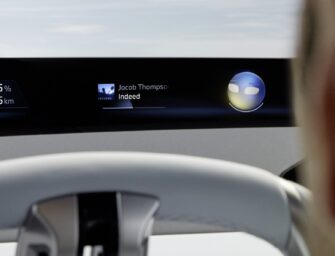Porsche is revolutionizing its SUV development process with the new Cayenne Electric, leveraging digital simulation and artificial intelligence alongside demanding real-world endurance trials. Rather than building dozens of physical prototypes, engineers sent virtual versions of the Cayenne through digitized routes and simulated environments, making rapid adjustments early in the design phase. This move cut material use and reduced the overall development timeline by 20 percent.

To validate these digital innovations, Porsche developed a sophisticated composite test bench that simulates everything from road conditions and acceleration to desert heat and icy climates. The Cayenne Electric faced extreme testing in the UAE at 50°C and Scandinavia at -35°C, stress-testing climate control, battery thermal management, and fast-charging capability. While simulations are now so accurate that real and virtual results line up closely, Porsche insists that human expertise is still essential. Experienced test drivers performed final tuning on racetracks, off-road, and everyday environments to ensure outstanding performance and energy management.
With more than 150,000 kilometers covered in endurance runs, the Cayenne Electric is set to debut later this year, demonstrating how Porsche’s blend of digital innovation and expert testing yields greater precision, efficiency, and real-world reliability






